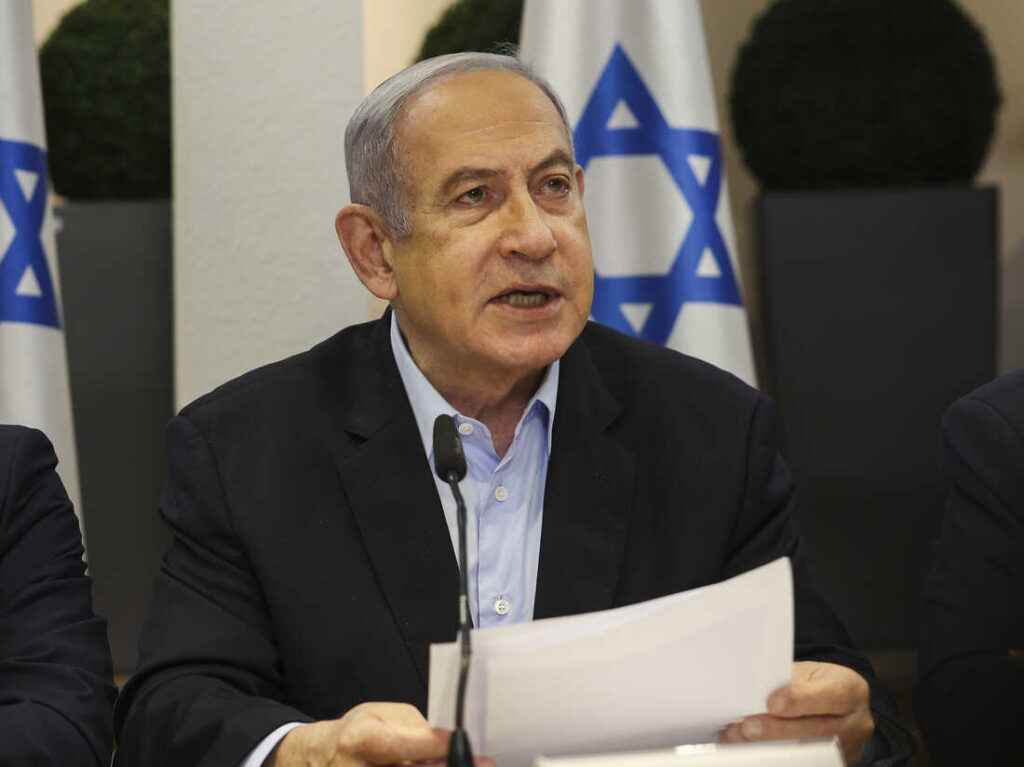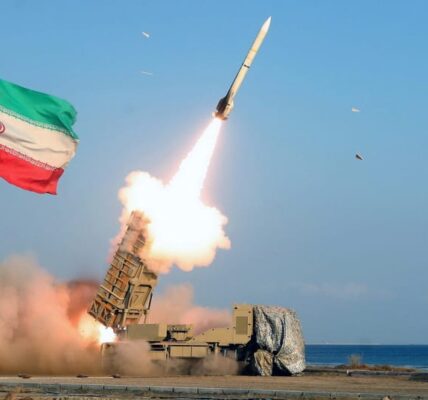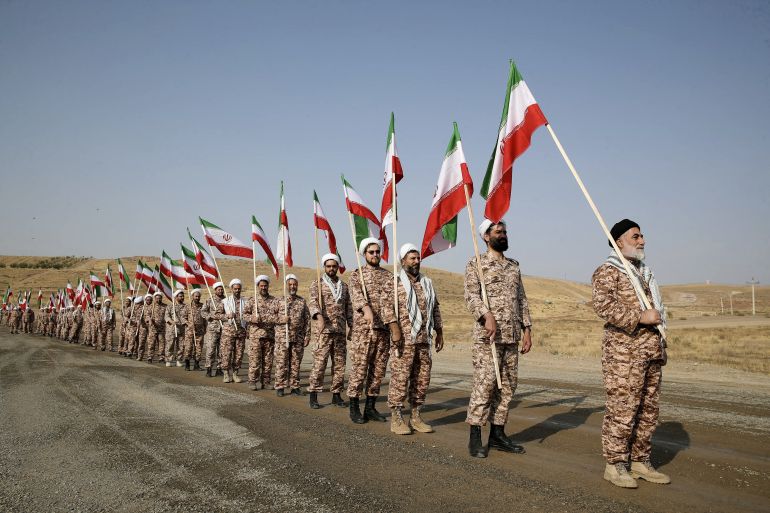Iran-Israel drone attack: We have climbed one more rung up the escalation ladder
Colonel Phil Ingram, a former British Army Intelligence officer and NATO planner, analyses Iran’s unprecedented attack on Israel exclusively for National Security News.
In the early hours of Sunday morning Iran launched an unprecedented attack against Israel in response to Israel’s earlier targeting of Brigadier General Mohammad Reza Zahedi, a Senior Iranian Revolutionary Guards (IRGC) Commander and six others in the Iranian Embassy Compound in Damascus at the beginning of the month.
The attack was unprecedented in so many ways. It was the first time Iran directly attacked Israel, it usually uses its proxies Hezbollah, Hamas, the Houthis and others to carry out its attacks. This time over 300 drones, ballistic and cruise missiles were fired.
Hezbollah, Hamas, the Houthis and others were in a supporting role firing smaller numbers of missiles to distract from the main Iranian attack. Israel claimed that 99% were shot down by it and its allies. The attack attracted a coordinated defence of Israel by several nations, including Jordan, the US , France and the UK.
Britain deployed fighter jets from its Cyprus base RAF Akrotiri to shoot down the Iranian attackers over Syrian and Iraqi airspace using its counter ISIS mission Op Shader as the excuse to deploy aircraft. According to some sources 185 drones and 36 cruise missiles were fired and all shot down, 110 ballistic missiles were fired and 103 shot down but there were no reports of Israeli casualties where the 7 that got through, impacted.
The attack had been greatly anticipated so preparations to defeat it and keep Israel citizens safe were in place. Over the weekend reports of the impending attack had been building, Israel conducted a large civil defence exercise, US and UK intelligence reported the out-loading and preparation of weapons. Hezbollah fired hundreds of rockets at Israel trying to denude its Iron Dome defences. President Joe Biden and other global leaders reiterated their intent to stand by Israel. A sophisticated layered missile defence plan was activated. Jordanian and Iraqi airspace had been pre-emptively closed.
The coordination needed for and execution of such a plan is unprecedented. The questions now are, “will this be sufficient revenge for Iran to save face with its people but more importantly regionally with its proxies, and what will Israel do?”

The International community will likely be urging Israel not to respond and defeating the attack is response enough. Iran won’t want regional escalation (yet) and will probably redouble its support for its regional proxies encouraging them to attack Israel more. International shipping in the Red Sea will become a further priority as Iran tries to subtly punish the West, including the US and UK for enabling such an unprecedented defence. We have climbed one more rung up the escalation ladder.











































































































































































































